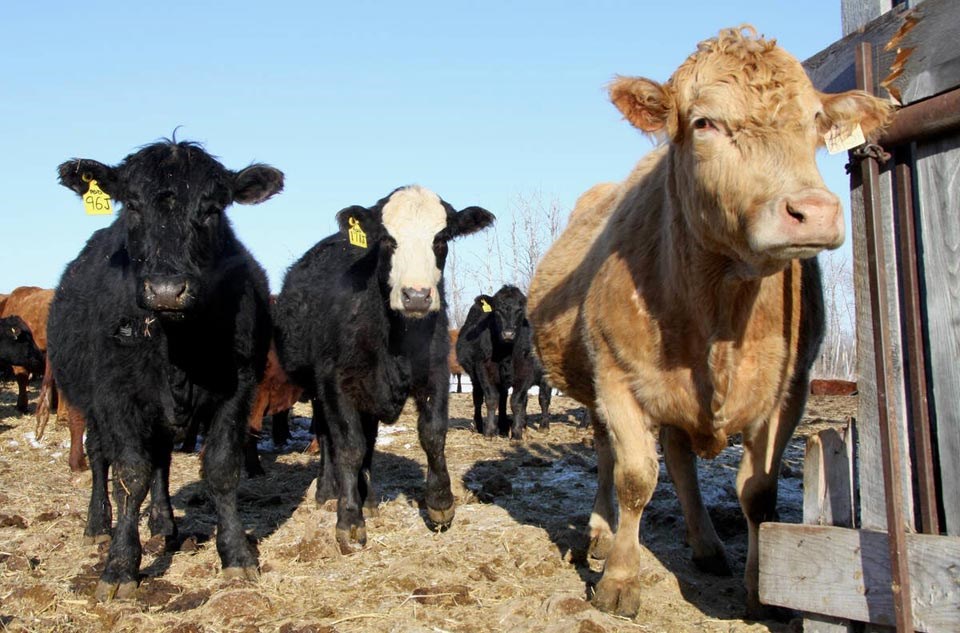MOOSE JAW — Saskatchewan may ask to trigger AgriRecovery for producers affected by bovine tuberculosis.
Provincial agriculture minister Daryl Harrison said last week he had heard from cattle organizations about the need for more help.
The federal government compensates producers for the loss of their animals, up to maximum amounts set by regulations, but not for cleaning and disinfection of their premises that would allow them to get back in business.
The with the extraordinary costs of various natural disasters.
Harrison said a formal request had not yet been made to Ottawa, but he is considering it.
Cattle leaders said they hoped that would come soon.
president Jeff Yorga said the organization supports using the AgriRecovery framework to help producers with cleaning and disinfection but said the issue is bigger than that.
“This doesn’t bring back hundreds of years of genetic advancement, right?” he said after the SSGA annual meeting.
“There’s no way to fix that.”
Yorga said . He said it shouldn’t take months to do this, as it does now.
In the most recent case, near Melville, the positive test was found at the end of November 2024 but the herd wasn’t depopulated until later in the winter.
chair Chad Ross said the organization has written to the minister asking for more help.
“Minister Harrison knows that these producers are taking some emotional and financial hardships to keep our industry business as usual for the rest of us and so they need support,” he said.
Ross said the Canadian Cattle Association is also involved at the federal level.
in previous bovine TB outbreaks.
According to the Canadian Food Inspection Agency, as of June 5 there were 25 cases of bovine TB confirmed in the Saskatchewan herd of origin and the agency has identified higher risk associated herds.
These include seven lifeline herds, or herds traced from the infected animal; three have been released from quarantine.
There are also 32 trace-out herds, or herds that obtained animals from the infected herd. Eight of those have been released from quarantine.
CFIA is still identifying and preparing to test herds that provided animals to the herd of origin, contact herds that shared a fence line or may have commingled with the infected herd, and herds within five kilometres of the infected herd.
At the SSGA annual meeting last week, members passed several resolutions asking for better control of wildlife populations, particularly elk. Many think the disease may have come from wildlife that get into feed meant for cattle.
The resolutions included distributing hunting tags to landowners, allowing landowners outfitting opportunities and allowing open archery seasons.
CFIA has said there is no evidence that the bovine TB was transmitted to cattle from elk. Wildlife testing is done in co-operation with hunters who submit animals for testing, but producers want more rigorous requirements.
About the author
Related Coverage

